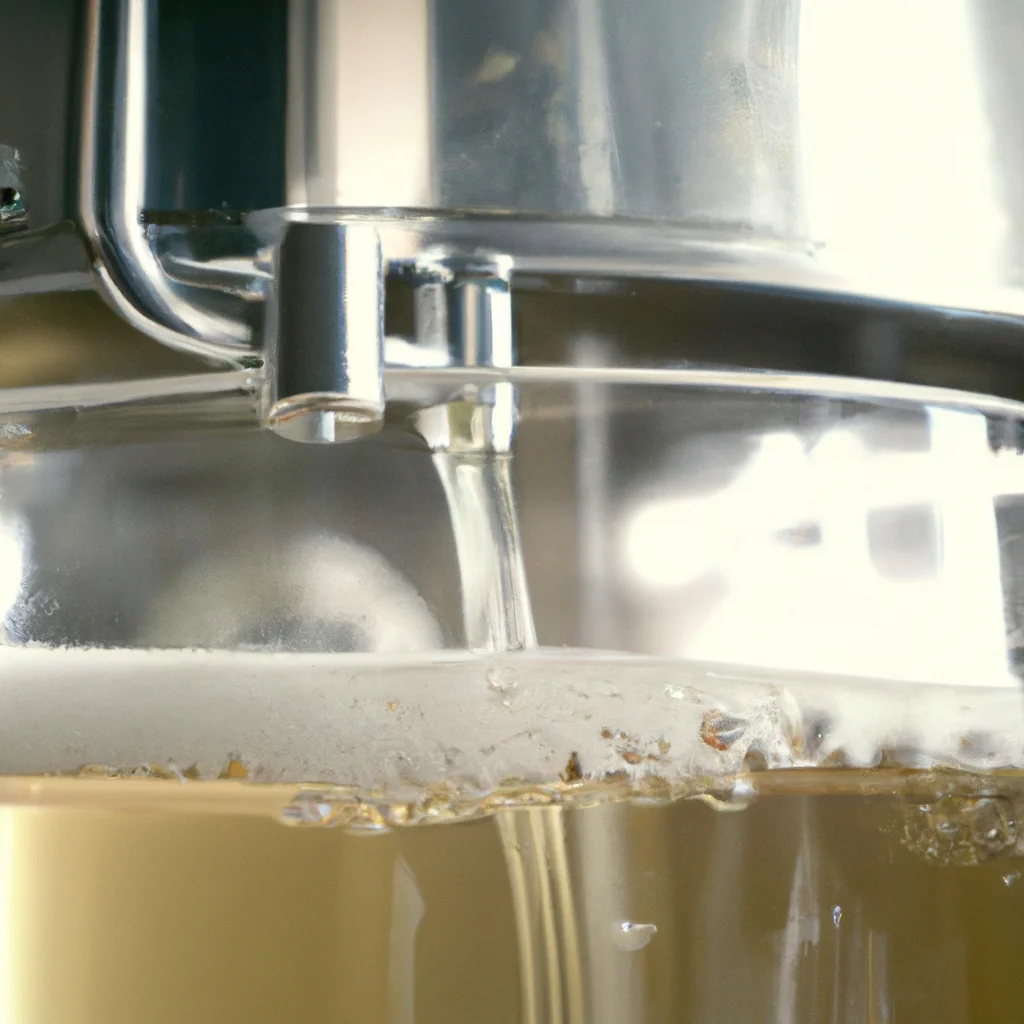How are enzymes used in brewing beer?


Enzymes are essential in brewing beer as they catalyze various enzymatic reactions required to produce high-quality beer. The brewing process involves several steps, and enzymes play a vital role in each of these steps. In this article, we will discuss how enzymes are used in brewing beer, the brewing process, and the importance of enzyme activity in beer production.
Brewing Process
Brewing beer involves several steps, including malting, mashing, boiling, fermentation, and packaging. The brewing process begins with malting, which involves soaking the barley seeds in water and allowing them to germinate. During germination, enzymes are produced in the barley seeds, which convert the starches in the barley into sugars.
After malting, the malted barley is dried and crushed, resulting in a product known as malt. The malt is then mixed with hot water in a process called mashing. During mashing, enzymes in the malt break down the starches in the malt into simple sugars, which are then dissolved in the water to form a sweet liquid known as wort.
The wort is then boiled with hops, which give the beer its characteristic bitterness and flavor. After boiling, the wort is cooled and yeast is added for fermentation. During fermentation, the yeast consumes the sugars in the wort, producing alcohol and carbon dioxide. The beer is then packaged and carbonated before being sold to consumers.
Enzymes in Beer Production
Enzymes play a vital role in each step of the brewing process, from malting to fermentation. The following are the enzymes used in beer production:
α-Amylase: This enzyme is responsible for breaking down the long-chain starch molecules into smaller fragments known as dextrins. Dextrins are then broken down into simple sugars by another enzyme called β-amylase.
β-Amylase: This enzyme breaks down the dextrins produced by α-amylase into simple sugars, such as glucose and maltose. These simple sugars are then dissolved in the water to form the wort.
Proteases: These enzymes break down the proteins in the malt into smaller peptides and amino acids. These peptides and amino acids provide essential nutrients for the yeast during fermentation.
Phytases: These enzymes break down phytic acid, which is present in the malt. Phytic acid can bind to essential minerals, making them unavailable to the yeast during fermentation.
Enzyme Activity in Brewing
The activity of enzymes in beer production is essential in ensuring that the beer is of high quality. The following factors affect enzyme activity in beer production:
Temperature: Enzymes are temperature-sensitive, and their activity is affected by temperature changes. The optimal temperature for most enzymes used in beer production is between 60°C and 70°C.
pH: Enzymes have an optimal pH range in which they function best. The pH range for most enzymes used in beer production is between 5.0 and 5.5.
Malt Quality: The quality of the malt used in beer production affects enzyme activity. High-quality malt has high enzyme activity, while low-quality malt has lower enzyme activity.
Conclusion
In conclusion, enzymes play a vital role in brewing beer, catalyzing the enzymatic reactions required to produce high-quality beer. The brewing process involves several steps, and enzymes are used in each of these steps. Enzyme activity is essential in ensuring that the beer is of high quality, and factors such as temperature, pH, and malt quality affect enzyme activity. By understanding the importance of enzymes in beer production, brewers can produce high-quality beer that meets consumer expectations.
Recent Posts
How do I create an engaging and informative online quiz or assessment?
Creating an engaging and informative online quiz or assessment can be a powerful tool for… Read More
What are the most effective methods for managing and reducing work-related stress in the hospitality industry?
Work-related stress is a common issue in the hospitality industry, where employees often face long… Read More
How can I improve my assertiveness and communication skills in a leadership position?
In a leadership position, assertiveness and effective communication skills are crucial for success. Being able… Read More
What are the key elements of a successful employee recognition and rewards program?
Employee recognition and rewards programs play a crucial role in motivating and engaging employees, as… Read More
How do I effectively manage and respond to customer feedback and reviews?
Customer feedback and online reviews play a crucial role in shaping a company's reputation and… Read More
What are the best strategies for effective time management as a stay-at-home parent?
Effective time management is crucial for stay-at-home parents who juggle multiple responsibilities on a daily… Read More